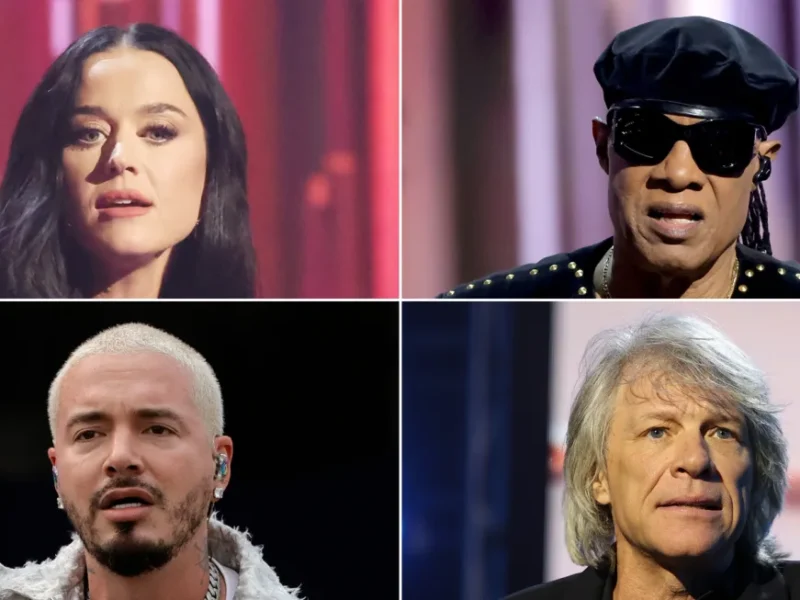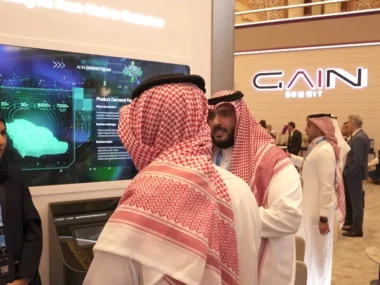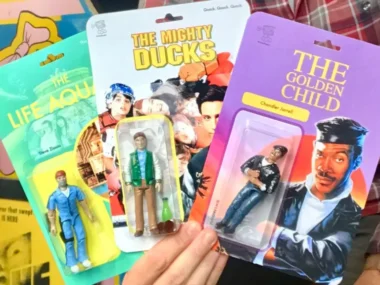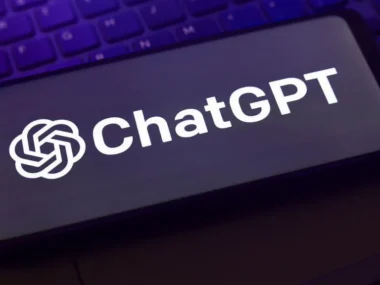More than 200 artists, including Billie Eilish, Kacey Musgraves, J Balvin, Ja Rule, Jon Bon Jovi, The Jonas Brothers, Katy Perry, Miranda Lambert, and others, are raising concerns about threats related to artificial intelligence in the music industry.
In an open letter coordinated by the non-profit Artist Rights Alliance, prominent figures within the music business are urging AI developers, technology firms, platforms, and digital music services to halt the use of artificial intelligence in ways that infringe upon and devalue the rights of human artists. The letter, issued by the artist-led education and advocacy organization on Tuesday and published online, emphasizes the potential for AI to reshape creative industries and the wider US economy in ways that are not yet fully understood, despite its rapid development and expanding possibilities.
The letter outlines various AI threats, including deepfakes, voice cloning, and what it terms “irresponsible uses of AI,” such as using AI-generated sound to reduce royalty payments to artists and utilizing musical works without permission to train AI models.
While acknowledging the significant potential of AI to enhance human creativity and foster new experiences for music fans, the letter condemns platforms and developers who exploit AI to hinder creativity and undermine artists, songwriters, musicians, and rights holders.
It calls upon digital music platforms and services to commit to safeguarding artists against predatory AI practices. Among the signatories are numerous songwriters, celebrities, and leading entertainment companies, including Billy Porter, Camila Cabello, Chuck D, Darius Rucker, Finneas, Imagine Dragons, Jon Batiste, Kate Hudson, Kim Petras, Nicki Minaj, Norah Jones, Pearl Jam, R.E.M., Sam Smith, Sheryl Crow, Smokey Robinson, Stevie Wonder, Zayn Malik, and representatives of the estates of Bob Marley and Frank Sinatra.
ARA’s executive director, Jen Jacobsen, emphasized that the increasing threat of artificial intelligence exacerbates the already challenging conditions faced by working musicians in the streaming era. She stated that the unethical use of generative AI to replace human artists threatens to devalue the entire music ecosystem, impacting both artists and fans.
The issue of AI’s potential impact is not limited to the music industry, and the open letter draws attention to the broader concerns about AI in the entertainment business. AI protections were a significant aspect of negotiations between SAG-AFTRA and WGA last year, and they remain central to ongoing labor union agreements. Media mogul Tyler Perry recently halted plans for an $800 million studio expansion in Atlanta after concerns were raised about AI capabilities, highlighting the potential job losses associated with AI advancements.











